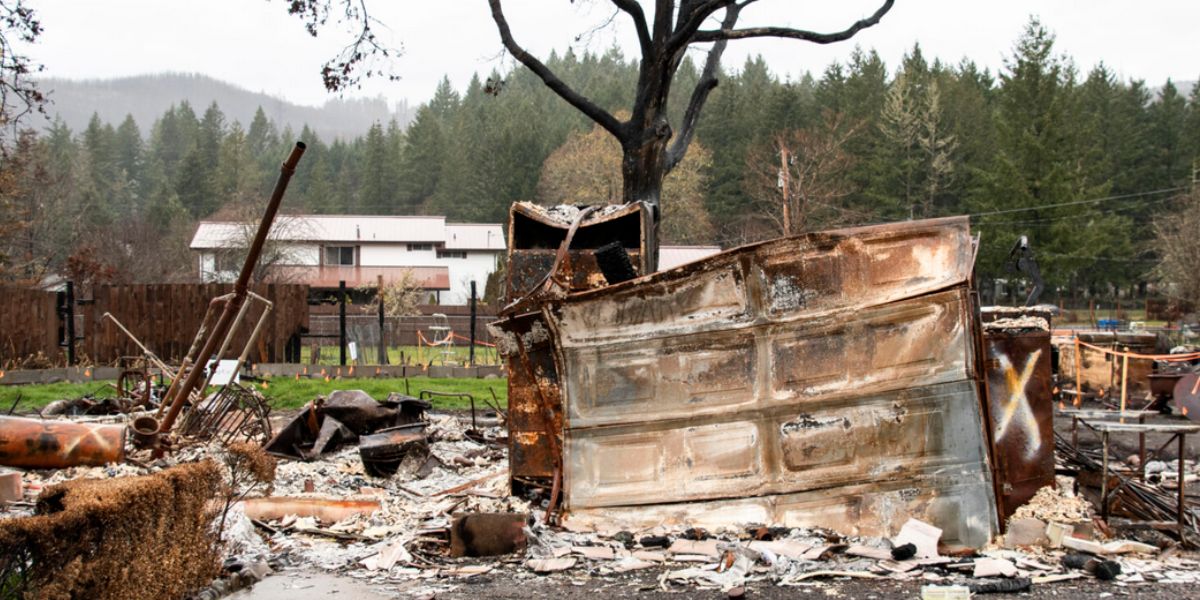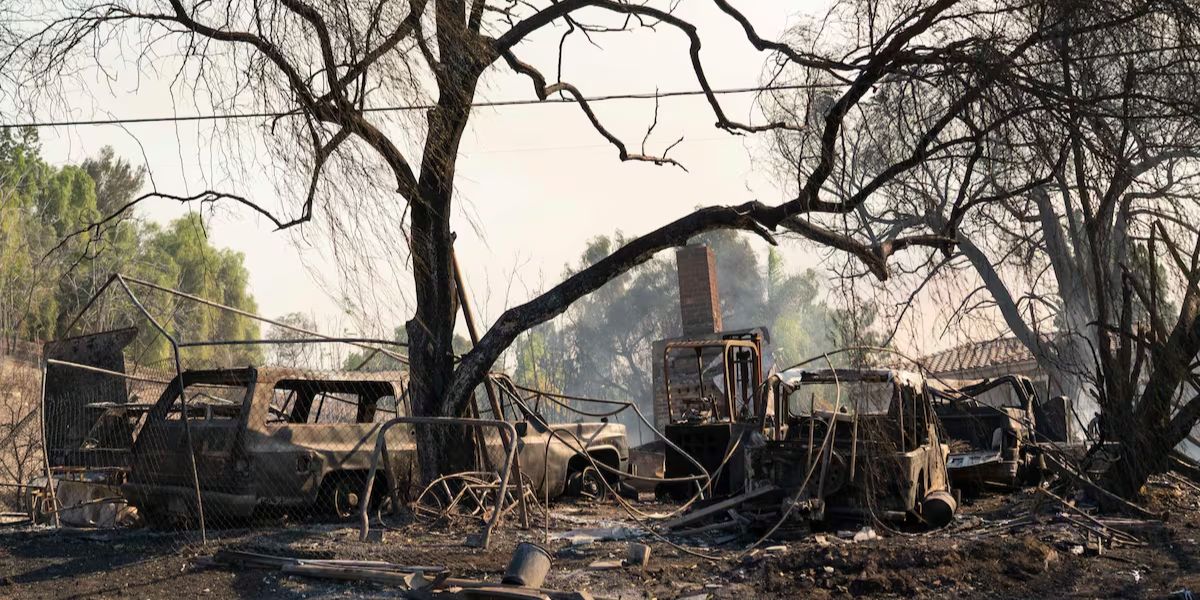The Oregon Health Authority has given $23 million to 34 local groups and the Nine Federally Recognized Tribes of Oregon to repair and renovate low-income people’ houses and remove health hazards.
The money comes from Oregon’s Healthy Homes Grant Program, which was created to enhance living conditions and promote health.
In order to increase the reach and capability of its current weatherization program and offer home repair services to homes throughout Central Oregon, NeighborImpact is getting $750,000 in leveraged funding.
In the meanwhile, Housing Works will get roughly $583,000 to improve the safety, accessibility, health, and preservation of three properties it owns, which together comprise 33 units that serve the disabled and extremely low-income.
“Research has shown there is an inextricable link between a person’s health and housing status, and that quality of housing is a social determinant of health,”
Oregon Public Health Division Director Naomi Adeline-Biggs, MBBS, MPH stated. “With the Healthy Homes grants, Oregon is helping to prevent and reduce short- and long-term negative health outcomes by addressing the quality of housing as a public health issue.”
Individuals in poverty are more likely to live in unsafe or unhealthy substandard housing and are more likely to lose poorly kept or repaired dwellings.
Hazards like peeling or degraded lead-based paint are more common in older and inferior dwellings. Mold can grow as a result of leaking pipes or roofs caused by neglected maintenance. Homes without insulation may be drafty, uncomfortable for occupants, and have greater energy costs.
Lead poisoning, asthma and other respiratory conditions, cancer, unintentional injuries, elevated stress levels, low school attendance for kids, and lost workdays for parents are all consequences of poorly maintained or repaired homes.
For low-income households, better living conditions can save natural resources, lower health care expenses, increase safety, and save energy expenditures for residents.
The grants range from $199,980 to $750,000, which will be used over a three-year period by the groups, which include NGOs, local housing authorities, community action agencies, and local governments that serve communities throughout the state.
The grants are meant to assist landlords and homeowners in improving the environmental health and safety of low-income households’ (including renters’) dwellings through renovations and repairs.
The HHGP was created by the Oregon Legislature in 2021. It instructs OHA to award subsidies to neighborhood groups that assist low-income citizens in repairing and renovating homes, including rental properties, across the state.
Expansion of Klyde Warren Park Gets Timeline Overhaul with $160M Investment
Recipients of funding
OHA is selecting 34 organizations from a pool of 75 applications to receive almost $20.4 million in HHGP monies through a competitive grant procedure.
Organizations that have experience enhancing the health or safety of residents, optimizing energy efficiency, or prolonging the usable life of homes—all of which serve eligible households in Oregon—as well as organizations that serve underserved and historically underrepresented communities, such as people of color, low-income individuals, and American Indian and Alaska Native communities, are among the grantees with the best proposals for fulfilling the priorities outlined in state law.
Additionally, OHA has honored government-to-government connections by allocating $3 million in HHGP monies to the Nine Federally Recognized Tribes of Oregon. To distribute this funds, OHA is collaborating with each Tribe.




